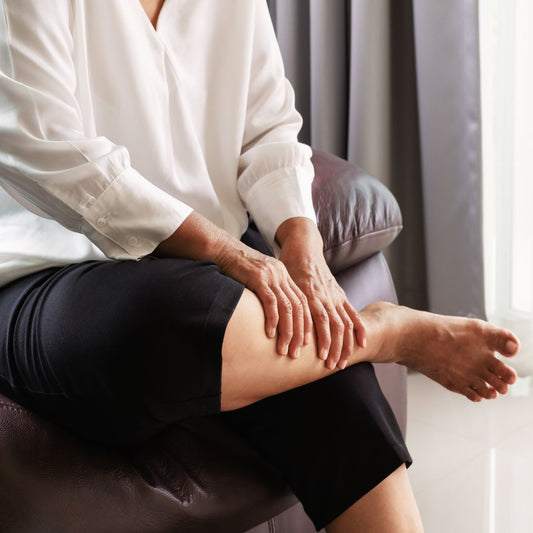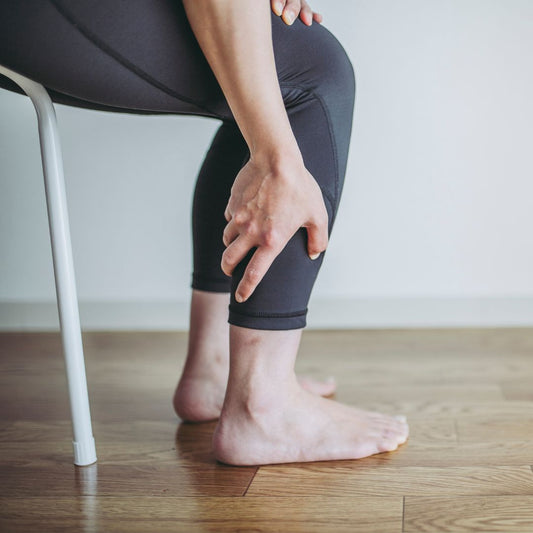If you fall asleep for six hours or less per night, then you are one of the many Americans likely struggling with a form of sleep disorder. After all, our bodies need at least seven hours of sleep to function optimally.
Sleep disorders are highly prevalent in the United States. Almost 70 million people in the country struggle with a sleep disorder. There are nearly 80 different kinds of sleep disorders, including parasomnias and REM sleep behavior disorder. However, there are four that stand out among all sleep disorders.
4 Most Common Sleep Disorders
According to the Centers for Disease Control and Prevention, the four key sleep disorders are:
- Insomnia
- Narcolepsy
- Restless leg syndrome
- Sleep apnea
Insomnia is the most prevalent of the four. People with insomnia report poor sleep quality due to difficulty going to sleep or inability to achieve deep, restful sleep due to waking up often during the night.
Narcolepsy, meanwhile, is a neurological condition characterized by excessive daytime sleepiness and episodes of irresistible sleepiness. People with narcolepsy experience sudden “sleep attacks” while doing regular activities, like walking.
Restless Leg Syndrome (RLS) is another neurological disorder that causes poor sleep quality. People who have RLS describe feeling an unpleasant creeping, pulling, and throbbing sensation in their legs. These sensations are often only relieved by leg movements or massages.
The last key sleep disorder, sleep apnea, affects almost 20 million Americans. The biggest symptom of sleep apnea is snoring, though people may also report experiencing excessive daytime sleepiness.
Symptoms and Effects of Sleep Disorders
Sleep disorders may stem from other medical conditions. But, at the same time, these disorders also further exacerbate existing medical issues.
An excellent example of the destructive cycle that sleep disorders may cause involves anxiety, depression, and stress.
Depression is a common symptom of insomnia. Conversely, people who develop depression first often later report sleep loss issues. The same goes for anxiety and stress.
Those who are under excessive stress and anxiety may find it difficult to sleep. They may even develop bad habits, such as smoking, that may cause sleep apnea.
Natural Sleep Aids and Remedy Options
People with worsening sleep cycles and desynchronized biological clocks often turn to medication for relief. However, studies have found homeopathic options to be effective remedy options.
One example of a natural sleep aid that may help with sleep problems is coffea cruda or green coffee. This natural remedy surprises many people as caffeine is known as a natural stimulant or energizer.
However, using or taking coffea cruda can help reduce nervousness, worries, and hypersensitivity to pain. This makes it a potential natural remedy for both insomnia and restless leg syndrome.
Other homeopathic remedy options that may help normalize circadian rhythms include yoga, acupuncture, and valerian tea.
Conclusion
Aside from essential oils and green coffee, there are a host of other natural sleep aids that can help our bodies achieve a normalized sleep cycle.
Natural remedies may be a more cost-effective option, but it isn’t a decision to be made lightly. Going in blind may result in worsening sleep problems. Always consult a physician before starting any sleep treatment, whether it is a drug or a natural sleep aid.
References:
https://www.cdc.gov/sleep/about_sleep/key_disorders.html
https://wa.kaiserpermanente.org/kbase/topic.jhtml?docId=hn-2258008
https://thecozycoffee.com/coffee-cruda/
https://www.alaskasleep.com/blog/the-5-most-common-sleep-disorders-symptoms
https://www.healthline.com/health/healthy-sleep/essential-oils-for-sleep#risks-and-warnings
https://www.verywellhealth.com/natural-ways-to-help-you-sleep-88230




